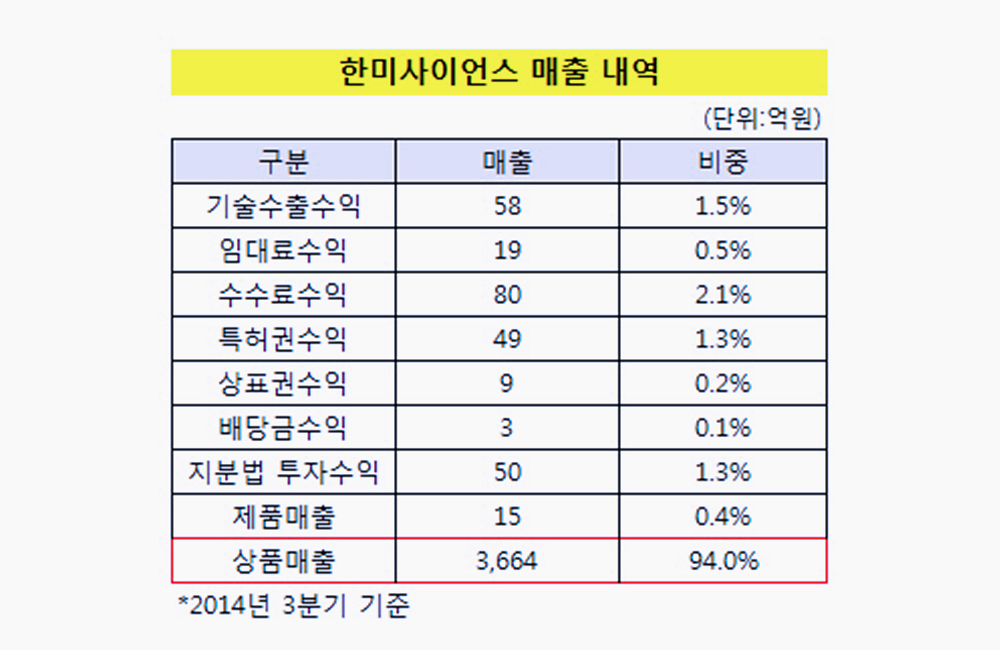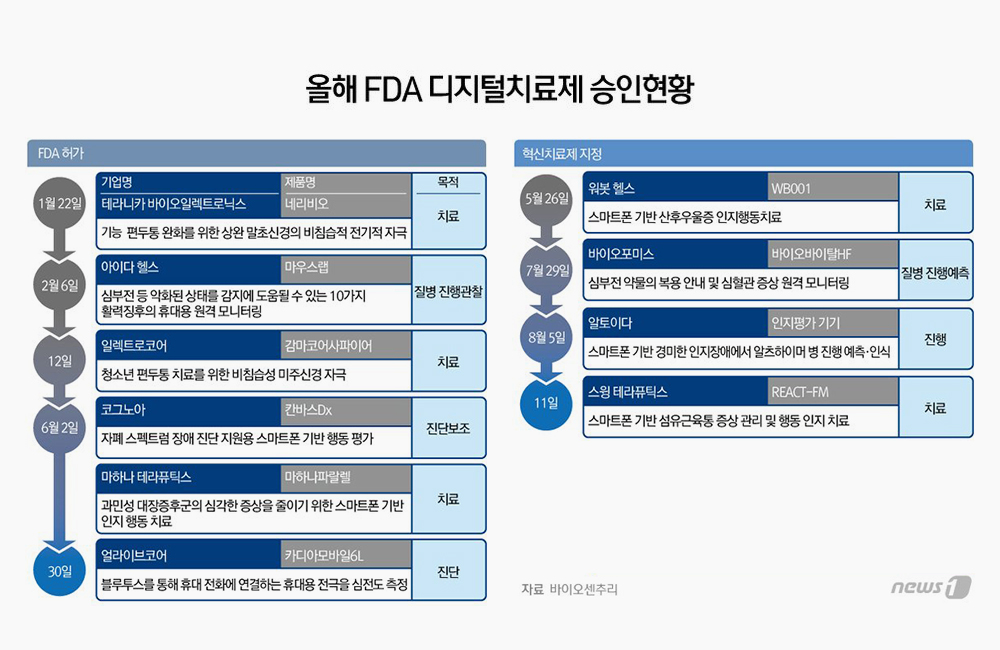From left, Stephanie
Fiore, Director of Digital Health at Elevance Health, Farzana Dudhwala, AI
Governance and Policy Manager at Meta, Laura Caroli, Accredited European
Parliamentary Assistant, and Elham Tabassi, a senior research scientist at
NIST, speak on new rules and tools in artificial intelligence (AI) development
in Las Vegas, Thursday. (Credit: CTA)
CES
2023 closed day one with a discussion panel on the new policy changes that will
be implemented this year to help guide artificial intelligence (AI) innovations
in a fair, accurate, and safe manner, including specific impacts on the
healthcare industry at the Las Vegas Convention Center on Thursday, local time.
The
panel featured an all-female line-up in tech with Farzana Dudhwala, Meta’s AI
Governance and Policy Manager, Elham Tabassi, NIST Senior Research Scientist,
Laura Caroli, Accredited European Parliamentary Assistant and Stephanie Fiore,
Director of Digital Health at Elevance Health.
The
session highlighted some of the changes coming to the U.S. and EU in terms of
policies to bring a more human-centered approach to AI innovations so that the
full potential of AI can be safely enjoyed using a risk-based analysis.
Providing
the EU perspective, Caroli explained the EU AI Act, which is scheduled to be
approved by the end of the year, will be applicable for two years.
Tabassi
spoke about the National Institute of Science and Technology's (NIST’s) AI risk
management framework (RMF) document which is scheduled to be published later
this month.
The
document will provide flexible but measured guidance so that AI technologies
can become more accurate, reliable, and trustworthy, she said.
Shedding
some light on AI in the health sector, Fiore explained, AI contributes to
modernizing electronic health records, enabling hospital system
interoperability via the FHIR-based application programming interfaces,
detecting eye disease from retina scans at an earlier stage and alleviating
administrative tasks at physician offices.
She
also went on to explain Health Insurance Portability and Accountability Act
(HIPPA)’s role in providing the minimum necessary data standard to protect and
secure personal health information.
For
medical devices, she referenced the FDA’s digital health policy navigator tool
as a means to determine whether your product's software functions are
potentially the focus of the FDA's oversight.
With
Meta providing a more global industry perspective, Dudhwala stressed the
importance of involving all stakeholders in the policy-making process to make
it more applicable to industry-specific needs to bring about more effective
laws.
Along
with the risk-based system approach, Caroli also mentioned prohibited uses of
AI in the EU which will soon take effect. This includes the social scoring
system used in China and the real-time remote biometric identification system
in publicly accessible spaces with exceptions for law enforcement.
In
this regard, Fiore also advocates for the risk-based approach in healthcare as
many things are life and death matters and should be heavily regulated but also
admitted that simpler administrative tasks would not require this.
However,
Caroli quickly acknowledged the difficulty in classifying some health-based
risks. “Fundamental human rights are not something we can easily put on a
scale. It’s either you infringe on them or you don’t. It’s not an easy task but
we are trying our best to get it right,” she said.
Pivoting
to the topic of fairness and inclusivity in AI innovations, Meta’s Dudhwala
responded, “Sometimes datasets lack diversity and therefore do not accurately
represent the different groups resulting in stereotypes and biases in the AI
systems we develop.”
On
the flip side, she also noted that there are some instances where data
represents society too well inclusive of all the structural inequalities.
Therefore,
she said, “AI developers have a role to play in overcoming these societal
inequalities.”
On
that note, she mentioned a method called “secure multiparty computation” to
help alleviate biases found within the data while preserving the privacy
concerns of data exchange.
Regarding
the use of standardization supporting AI rule compliance in the healthcare sector,
Fiore said, “Standards for healthcare are very much welcomed and should ensure
they align with but don’t overlap with existing policies, especially as
individual States are also making their own policies."
Having standards is crucial to reduce confusion and ensure the best outcomes for the development of AI in healthcare going forward, she said.









